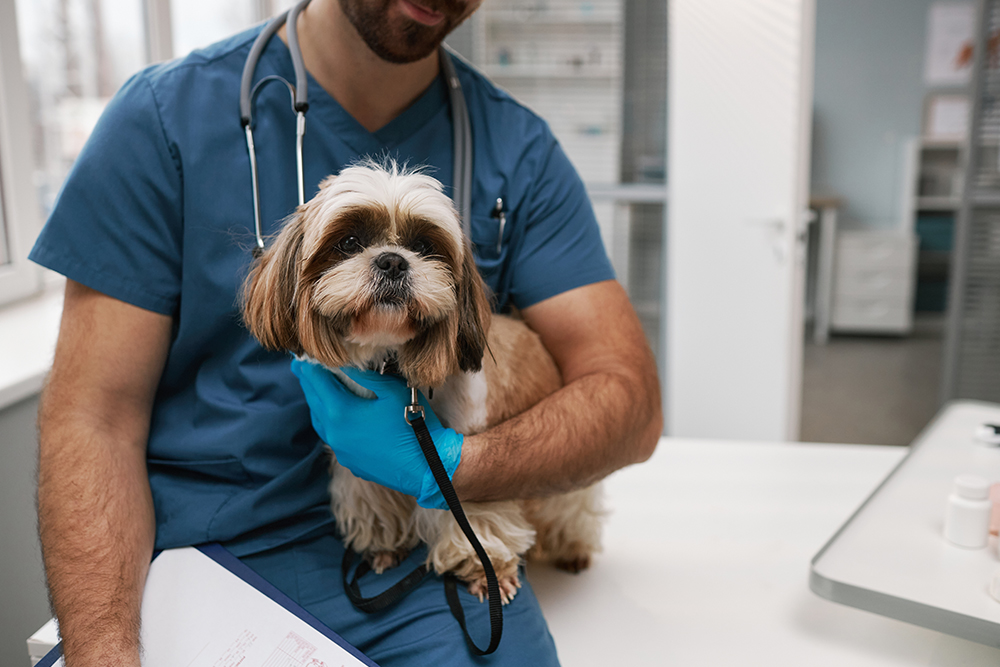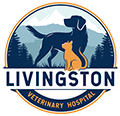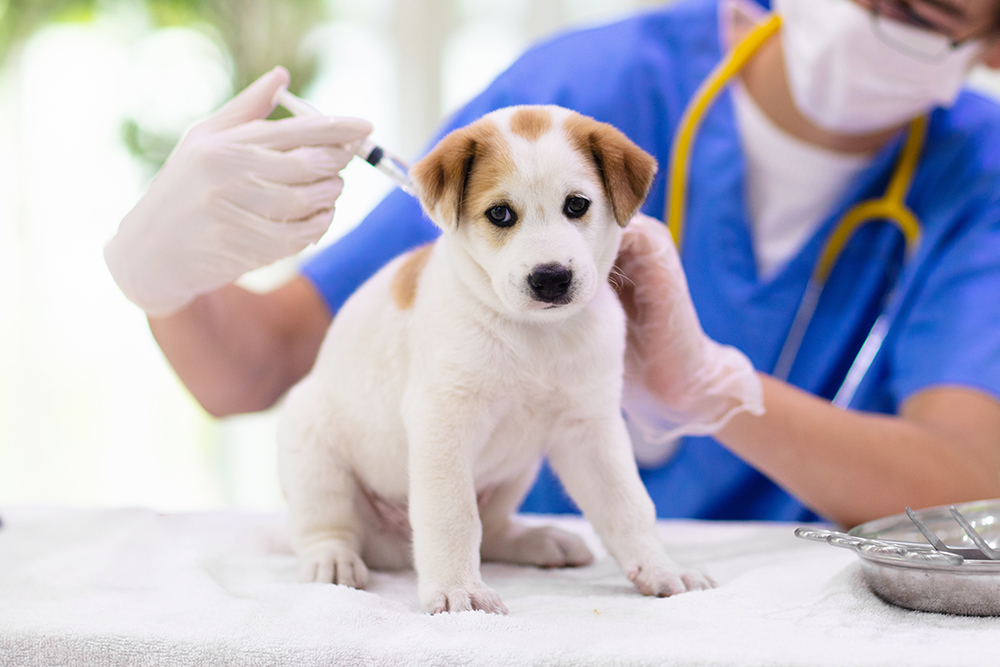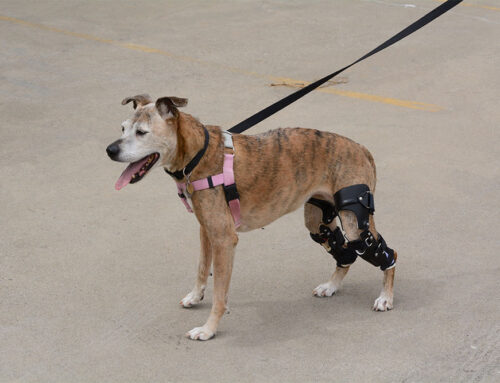Easily Preventable Diseases in Pets: Vaccines and Beyond
Keeping pets healthy goes beyond feeding a nutritious diet and providing a loving home. Preventive care, including vaccinations, regular checkups, and proactive health monitoring, is the key to avoiding serious and costly diseases. Many of the most dangerous illnesses in dogs and cats can be easily prevented with routine veterinary care.
At Livingston Veterinary Hospital in Livingston, Montana, we believe prevention is the best medicine. In this guide, we’ll explore common preventable diseases, why vaccinations matter, and additional steps you can take to protect your pet’s health.
The Power of Prevention: Why Routine Care Matters
Preventing disease is easier, safer, and more affordable than treating a serious illness. Vaccinations, parasite prevention, and wellness exams help catch problems early—before they become life-threatening.
- Protects against infectious diseases that can be fatal
- Saves money by preventing costly emergency treatments
- Reduces risk to humans (some pet diseases can spread to people)
- Increases life expectancy by maintaining long-term health
Routine wellness care prevents many dangerous diseases—learn more from AAHA’s guide to preventable diseases.
Essential Vaccines for Dogs and Cats
Vaccines are a simple and effective way to protect pets from dangerous illnesses. Your veterinarian will recommend core and optional vaccines based on your pet’s age, lifestyle, and risk factors.
Core Vaccines for Dogs
- Rabies – Fatal and transmissible to humans (required by law)
- Distemper – Affects the respiratory, gastrointestinal, and nervous systems
- Parvovirus – Causes severe vomiting, diarrhea, and dehydration
- Adenovirus (Hepatitis) – Affects the liver and other organs
Non-Core Vaccines for Dogs (Recommended based on lifestyle)
- Bordetella – Prevents kennel cough, common in boarding and daycare settings
- Leptospirosis – A bacterial infection that spreads through water and wildlife
- Lyme Disease – Transmitted by ticks, especially in high-risk areas
- Canine Influenza – Protects against contagious respiratory infections
Core Vaccines for Cats
- Rabies – Protects against a fatal viral disease (required by law)
- FVRCP (Feline Viral Rhinotracheitis, Calicivirus, Panleukopenia) – Prevents severe respiratory and gastrointestinal diseases
Non-Core Vaccines for Cats
- Feline Leukemia Virus (FeLV) – Recommended for outdoor or social cats
For more details on pet vaccinations, visit the AVMA’s vaccination guide.
Preventing Common Diseases in Pets
1. Parvovirus in Dogs
- Highly contagious and often fatal in puppies
- Spread through contaminated surfaces, feces, or direct contact
- Prevention: Routine vaccinations, avoiding high-risk areas (dog parks, pet stores)
2. Heartworm Disease
- Transmitted by mosquitoes and affects the heart and lungs
- Causes coughing, lethargy, and heart failure
- Prevention: Monthly heartworm preventatives (chewables, topicals, or injections)
3. Leptospirosis
- Bacterial infection spread through contaminated water or wildlife
- Can affect humans and cause liver/kidney failure
- Prevention: Vaccination and limiting exposure to standing water
4. Feline Leukemia (FeLV)
- Suppresses the immune system and leads to chronic illness
- Spread through saliva, grooming, or shared food bowls
- Prevention: Vaccination and keeping cats indoors
5. Rabies (Dogs & Cats)
- 100% fatal once symptoms appear
- Spread through bites from infected animals
- Prevention: Vaccination (required by law)
More Than Vaccines: Other Preventive Measures
1. Routine Veterinary Checkups
Regular exams catch diseases early and ensure vaccinations, parasite prevention, and dental health are up to date. Learn why regular veterinary visits are essential.
2. Parasite Prevention
- Fleas & Ticks – Carry diseases like Lyme disease and anemia
- Intestinal Worms – Hookworms, roundworms, and tapeworms can cause malnutrition
- Heartworms – Transmitted by mosquitoes and can be fatal
Talk to your vet about monthly parasite prevention options.
3. Poison Prevention
- Keep toxic foods, plants, and medications out of reach
- Store household cleaners and pesticides securely
- Avoid human medications—many are deadly to pets
For a full list of toxins, visit ASPCA Poison Control.
4. At-Home Health Monitoring
Performing regular health checks helps identify changes in your pet’s condition. Learn how to do a DIY dog checkup at home.

When to See Your Veterinarian
If your pet shows any of the following signs, seek veterinary care immediately:
- Severe vomiting or diarrhea (especially with blood)
- Difficulty breathing or persistent coughing
- Sudden collapse or weakness
- Unexplained weight loss or decreased appetite
- Lethargy, fever, or unusual swelling
For emergency situations, contact Livingston Veterinary Hospital or visit our emergency care page.
Protect Your Pet with Preventive Care
Many serious illnesses are entirely preventable with vaccinations, routine checkups, and proactive care. Investing in prevention now can save thousands of dollars in future medical bills—and more importantly, keep your pet healthy and happy.
Is your pet due for vaccines or a wellness check? Schedule an appointment today.
Have questions about your pet’s health? Contact our team for expert advice.







Leave A Comment